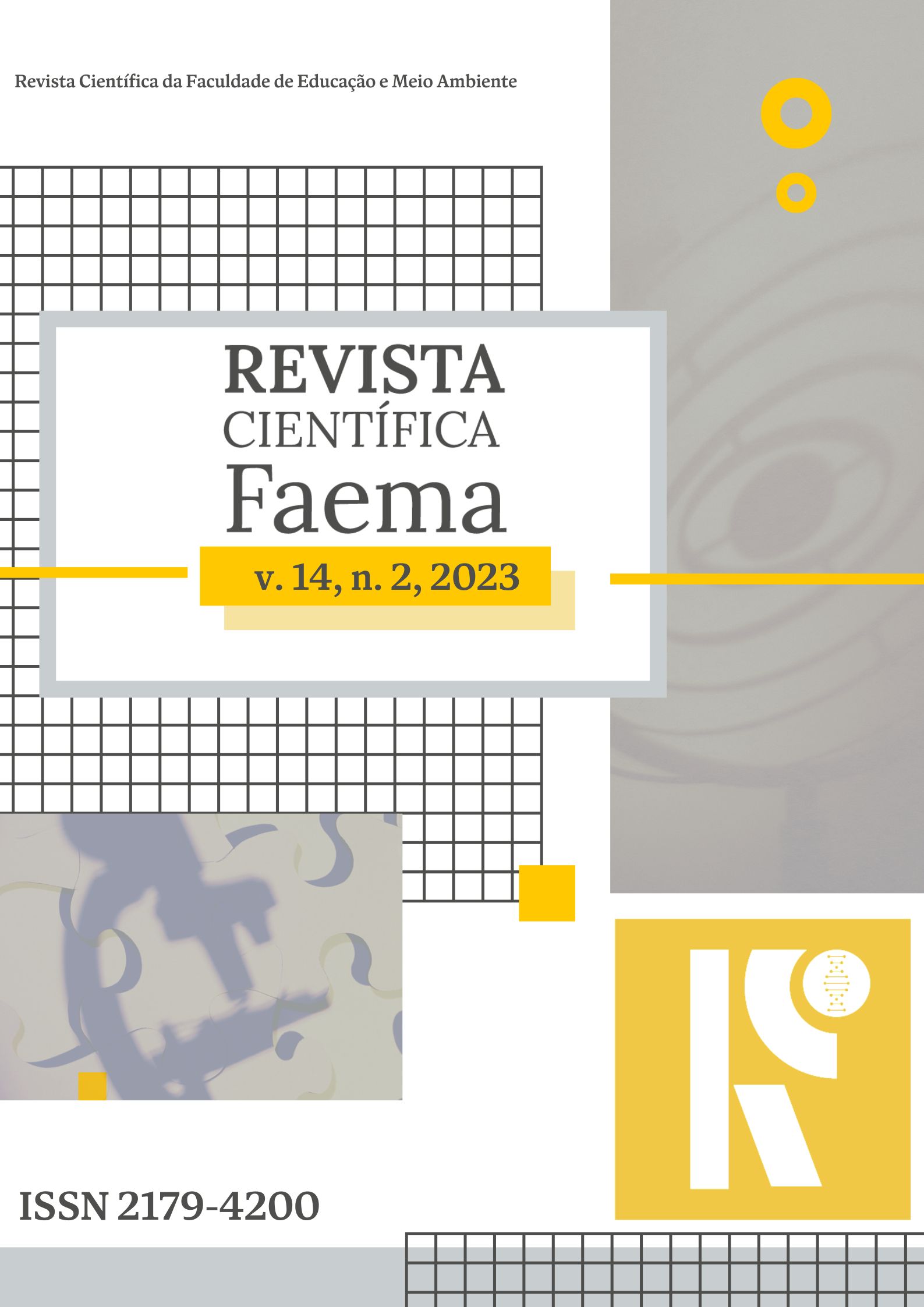THE USE OF COMPOSTING IN ENVIRONMENTAL EDUCATION: AN ALTERNATIVE TO REDUCING ORGANIC WASTE DISPOSAL
Main Article Content
Abstract
The practice of composting, which dates back to ancient times and involves the transformation of organic waste into natural fertilizer, has proven to be a highly effective solution for the disposal of solid waste, as well as a potent instrument in promoting environmental education. Solid waste is a major problem in nature, which most often is disposed of inappropriately. The increase in solid waste generation and its incorrect disposal have decreased the life of landfills and caused irreversible environmental impacts. To address the issue, the study aims to promote environmental education through the practice of composting and the reuse of solid waste. It also aims to help teachers of elementary schools adopt environmental education practices with their students. The methodology employed in three transparent organizer boxes for the separation of certain materials, including but not limited to fruit shells, eggshells, stalks of vegetables, and sawdust, is based on a plastic tap that facilitates the release of slurry. This experiment demonstrates that solid waste that would be discarded can be reused sustainably. The process was executed sequentially, accompanied by a detailed plan for the production of compost, and a lecture model was provided for teachers to demonstrate to their pupils in educational institutions. Using compost as an educational tool is a promising way to create a more conscious society, since actions like this aim to contribute to environmental education and awareness, stimulating reuse and contributing to the preservation of the environment.


